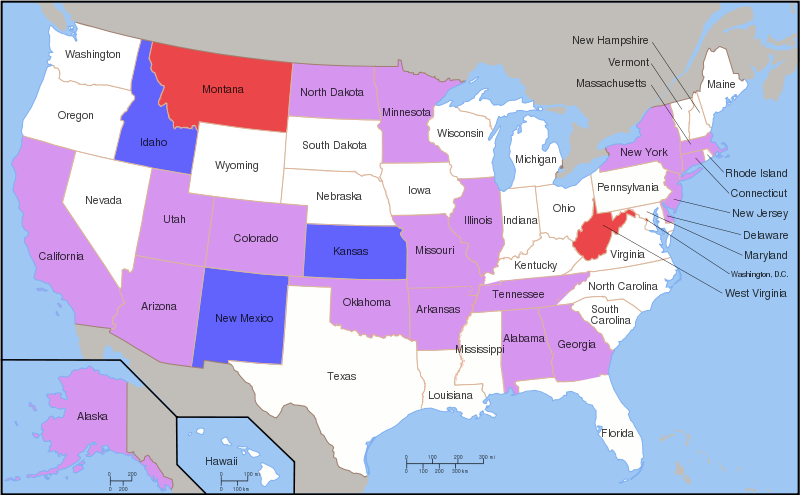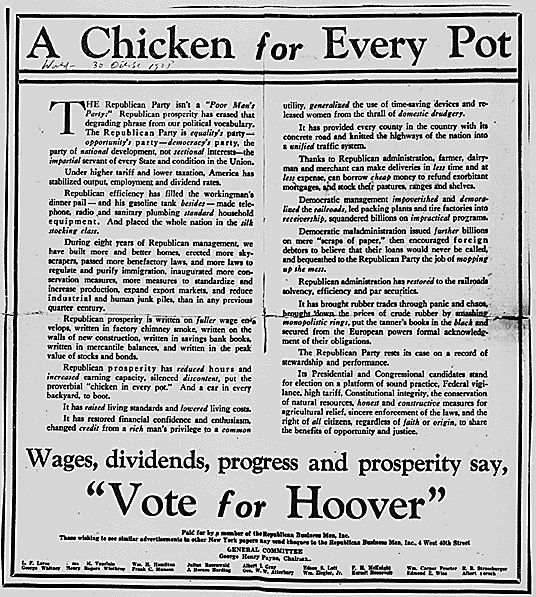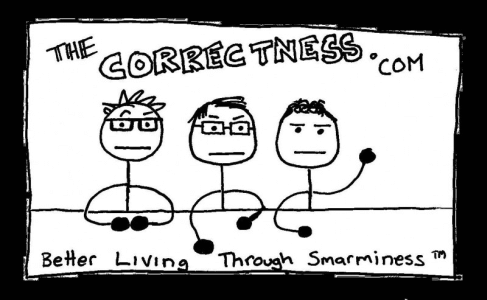Primaries and Super Tuesday Explained!
A lot of our twelve readers have been asking us: “Hey, can you Canucks at The Correctness explain Super Tuesday to us? It makes no sense”. Well, rest assured, the two or so of you that are still reading, we have done extensive research and we are now ready to explain not just Super Tuesday, but the primaries in general.
Webster’s dictionary defines “primary”- I don’t feel I need to go on, if you want a definition, go look it up.

Be that as it may (and it will be, so it may), the Primaries in the United States of America are events which are held every few years (four?) in order to determine who the presidential candidate for one of the two officially sanctioned parties will be. For those of you reading outside America, a two party system makes politics less like a medal-count in the olympics (which are held every few or four years) and more like football (annual). There are clearly defined good guys and bad guys, and only two teams to cheer for. Some might say that having only 2 parties to vote for encourages a divisive atmosphere, while others might say that having only two parties to vote for causes partisanship.
The primaries give candidates for the chance at the presidency an opportunity to test out which combinations of meaningless rhetoric work best in which order order. For example, for voters in any given year (or four), the key issues might be as follows:
A chicken in every pot.
Send troops out/bring back troops/privatize troops
“Values”
The “Economy”
Discussing the issues in the wrong order means a weaker platform. For example, this year will be a “chicken in every pot” year (or four), because Americans love chicken. In order to make sure that the pot-chicken issue is raised correctly, it must be rephrased from a trite stereotype, and formed into an awkward rhetorical reference.

Yep, THIS again.
One candidate might try something like this:
“It’s pot-chicken time!” and if the cheers from his supporters were limited, he would go back to the drawing board.
Meanwhile, Candidate 2, having watched the speech of Candidate 1, would have a few minutes to reconfigure his speech. He could then eliminate the catchphrase attempted by his opponent, and instead attempt to garner sympathy for his views by making a personal statement, ie:
“When I was a young man, my grandfather was a potted-chicken, and he told me he fought in THE WAR to make sure we could all be in pots!”
This is a strong attempt, but because the word “pot” was used, Candidate 2 will be accused of promoting marijuana.
Candidate 3 will then have a shot at recycling the basic phrase, but extending it out into a tedious allegory. If the candidate is successful, the resulting speech should appear to speak to familiar themes, without seeming watered down.
“There comes a time in each man’s life when his pot is empty. I say to you now that we much reach deep inside our pots, just as our forefathers did, and pull out a chicken! Our pots must again bear chickens, just as I have had sex with all of my interns, especially the men!”
This gives Candidate 4 the best shot at capturing the public imagination.
“America is about traditional VALUES, like helping each other. In the 30’s, when we needed help from our government, our homespun, traditional VALUES led us to huge government spending that subsidized rural areas and helped protect the poorest from death. Now that we have somehow, inexplicably, conflated “helping the poor” with “country music”, “tax cuts for corporations”, and “ensuring Catholic women keep their rape-babies”, we need less government interference with the rich, so that the rich may neither help the poor, nor contribute anything in the slightest to farmers, nor their regions! Look inside you pots, motherfuckers, there is a chicken up in there!”
Candidate 4 wins the primary for that state.
Super Tuesday is a day on which a large number of primaries are held, meaning that candidates can give fewer speeches, but they can give them to larger gatherings of supporters in states where their chicken-pot messages ring truest (plausible-est). In 2008, 24 states held primaries or caucuses on Super Tuesday. A caucus, by the way, is from the french root work “Coq” meaning “chicken” and thus “Do you have a chicken for us?” becomes “Coq-us?” and simply, caucus.
This year, only ten states are holding primaries on Super Tuesday. The reason for this is DC’s relaunch of their universe. Since super-things have all received a slight reduction in power, Super-Tuesday also needed to be a bit less powerful. By reducing the number of states holding primaries from twenty-four to ten, there will be more suspense generated when the 2012 election is forced to confront Darkseid.
Super Tuesday will also be the day that the voices of Americans become clearest: They will have spoken (about the candidate that the portion of the population which votes in Republican primaries dislikes least), and made their voices proudly heard (until the inevitable gay sex scandal reverses their opinions).
Hope that helps, You’re welcome, America!
RRT
